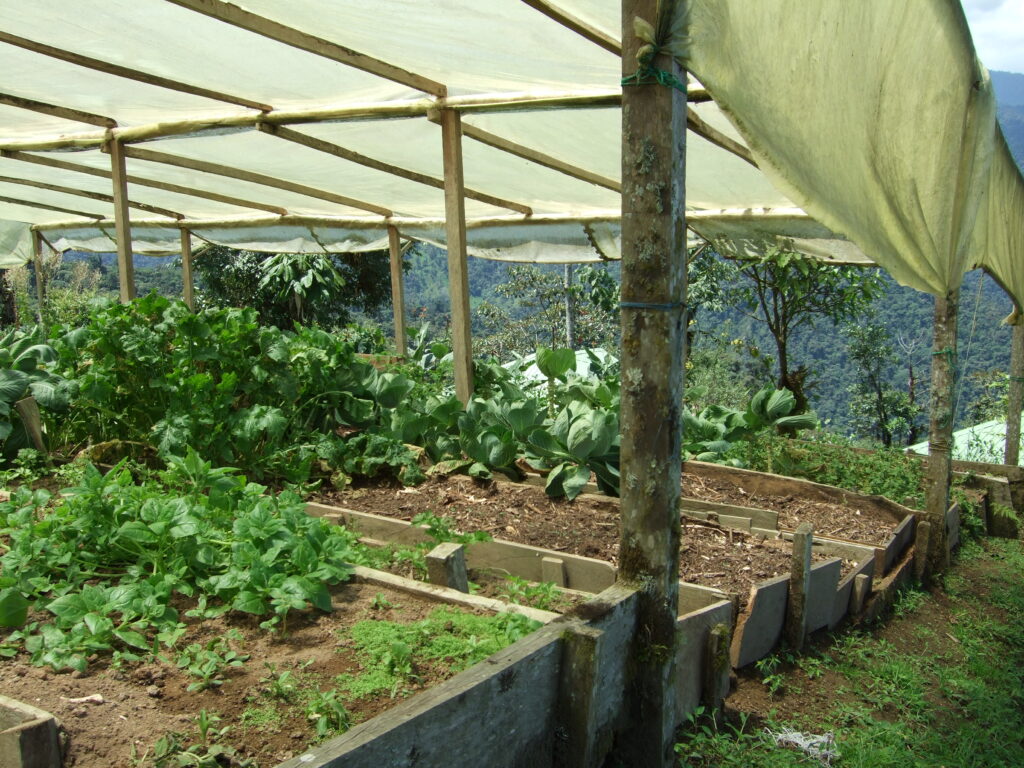NEW REPORT FORECASTS GROWTH FOR ORGANIC FARMERS
A new report from the Organic Farming Research Foundation has outlined the opportunities and challenges facing organic farmers in the future.
The 2022 National Organic Research Agenda is this year’s edition of a report that is published every five years, using survey data to identify the issues facing organic farmers. Over 1,100 certified organic farmers and 71 transitioning-to-organic farmers took place in the survey.
Organic food grows in popularity
The 2022 National Organic Research Agenda found that in 2020, organic food sales increased by 12% when compared to 2019. The overall total from these organic food sales was reported to be €52 billion ($56 billion).
The report also noted that the expansion of organic agriculture is supporting the environment. “Our findings confirm that organic producers lead the country in soil health management practices such as cover cropping, perennial conservation plantings, and water conservation in drought-prone regions”, said Brise Tencer, executive director at the Organic Farming Research Foundation and co-author of the report, in a statement.
That said, there are still challenges presented to organic farmers. Sixty seven percent of respondents claimed that they faced production issues related to weeds and 59% of respondents said that managing production costs proved to be challenging. The Organic Farming Research Foundation said that these issues must be addressed through more research.

How organic farmers stand out, and where they get their information
Notably, the report indicated that organic farmers were the leading adopters of soil health management and climate-conscious practices in the US 68% of respondents said they use cover crops regularly, along with 76% of respondents who grow field crops. This figure is drastically higher than 10% of conventional field crop farmers. In the report, 31% of respondents claimed that they used a form of intercropping, which is a practice that has been noted as uncommon among non-organic farmers.
When it came to information sources, 82% of survey respondents said that other organic farmers were their most valuable source of information while 61% said they got information from non-organic farmers. Focus group discussions were described as elevating farmer-to-farmer mentoring and networking. Other valuable sources of information that were cited included farmers’ conferences and other farmer-driven venues. It was noted that there is a big opportunity to use farmer-to-farmer education as a platform to support the organic sector.
Efforts to boost organic farming in the US
The 2022 National Organic Research Agenda outlined the significant public investments that have been made in organic plant breeding and other organic seed research initiatives. It was reported that an excess of €36 billion was invested in organic plant breeding and other organic seed research initiatives. This was acknowledged by the Organic Seed Alliance as the largest public investment in organic seeds since records began. The largest investors in organic plant breeding and other organic seed research initiatives were named as the Organic Research and Extension Initiative as well as Sustainable Agriculture and Research Education.
Last month, two initiatives were outlined as being key benefactors for organic farmers. The Organic Certification Cost Share Program is intended to help manage the costs of transitioning to organic processes if the value is up to around €700 ($750). The Organic and Transitional Education and Certification Program is a similar effort, helping organic farmers transition with products in a €233 ($250) price category.
“By helping with organic certification costs – long identified as a barrier to certification – USDA has helped producers participate in new markets while investing in the long-term health of their operations”, said Farm Service Agency administrator Zach Ducheneaux. “We launched the Organic and Transitional Education and Certification Program to build on the support offered through the Organic Certification Cost Share Program and provide additional assistance to organic and transitioning producers weathering the continued market impacts of the Covid-19 pandemic.”
Join us at SIAL Paris as exhibitor Join us at SIAL Paris as visitor
